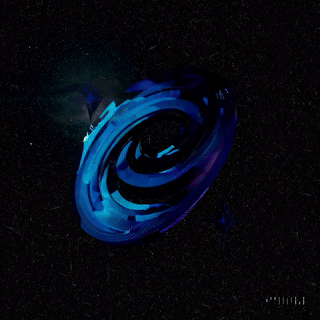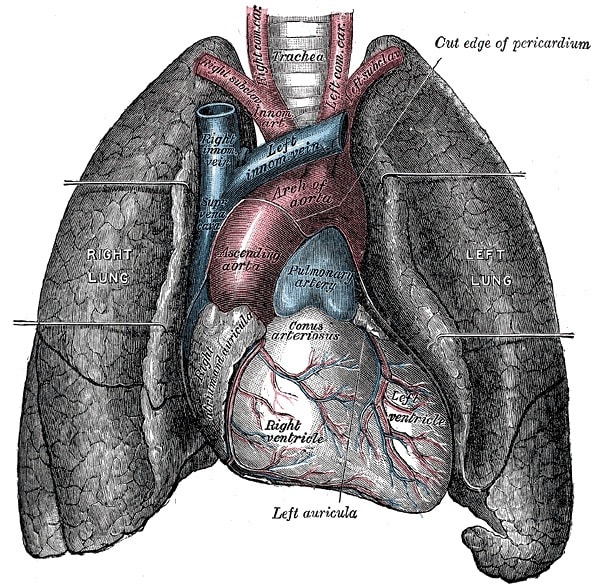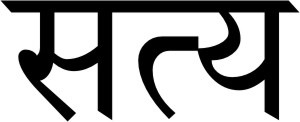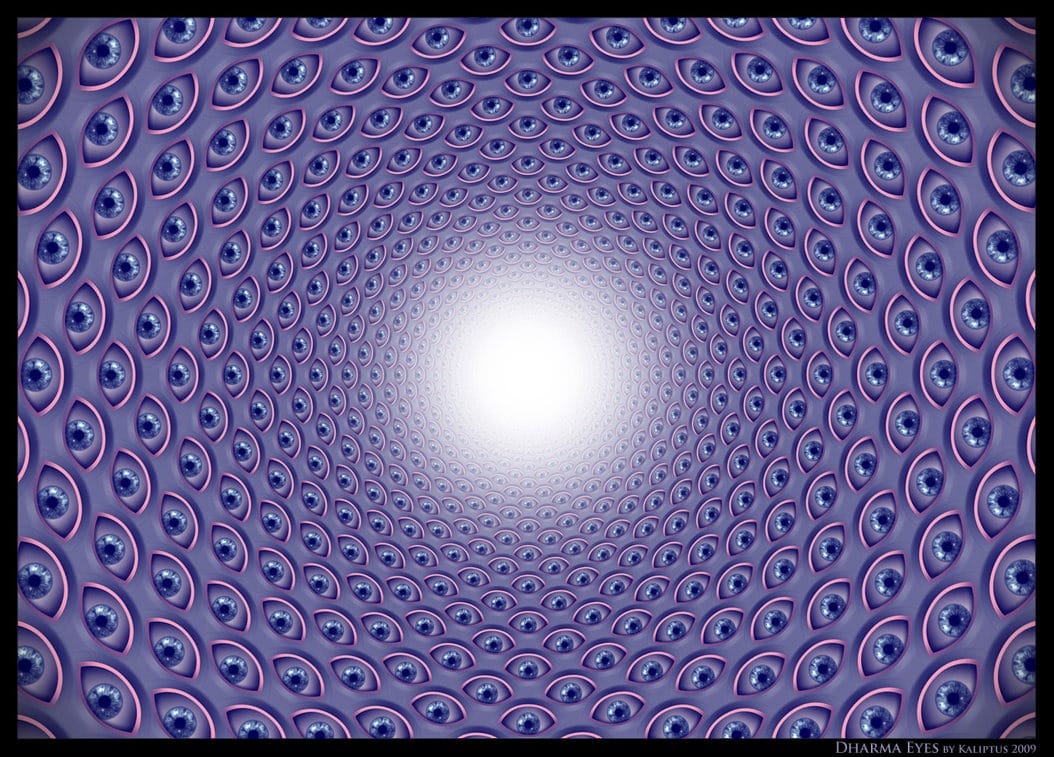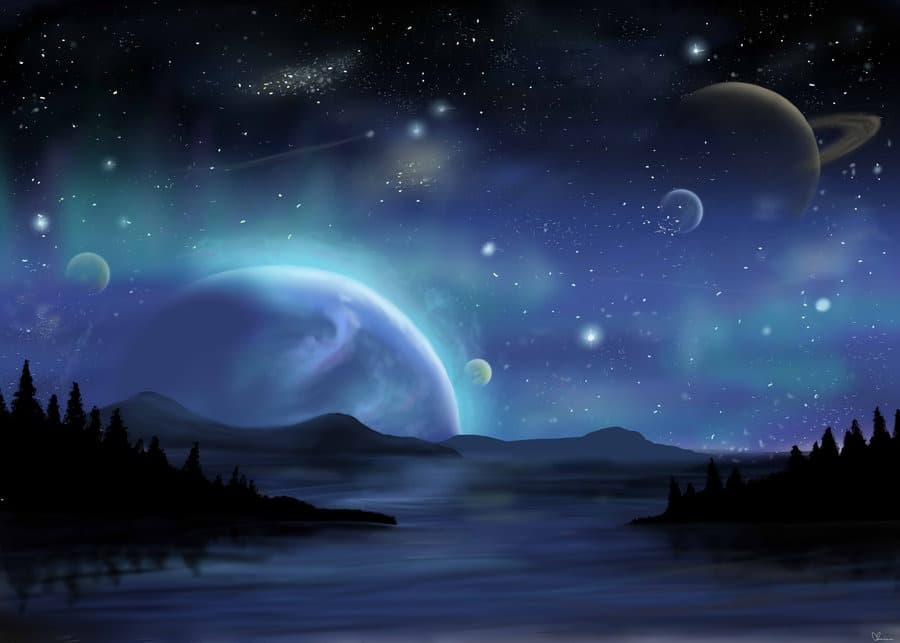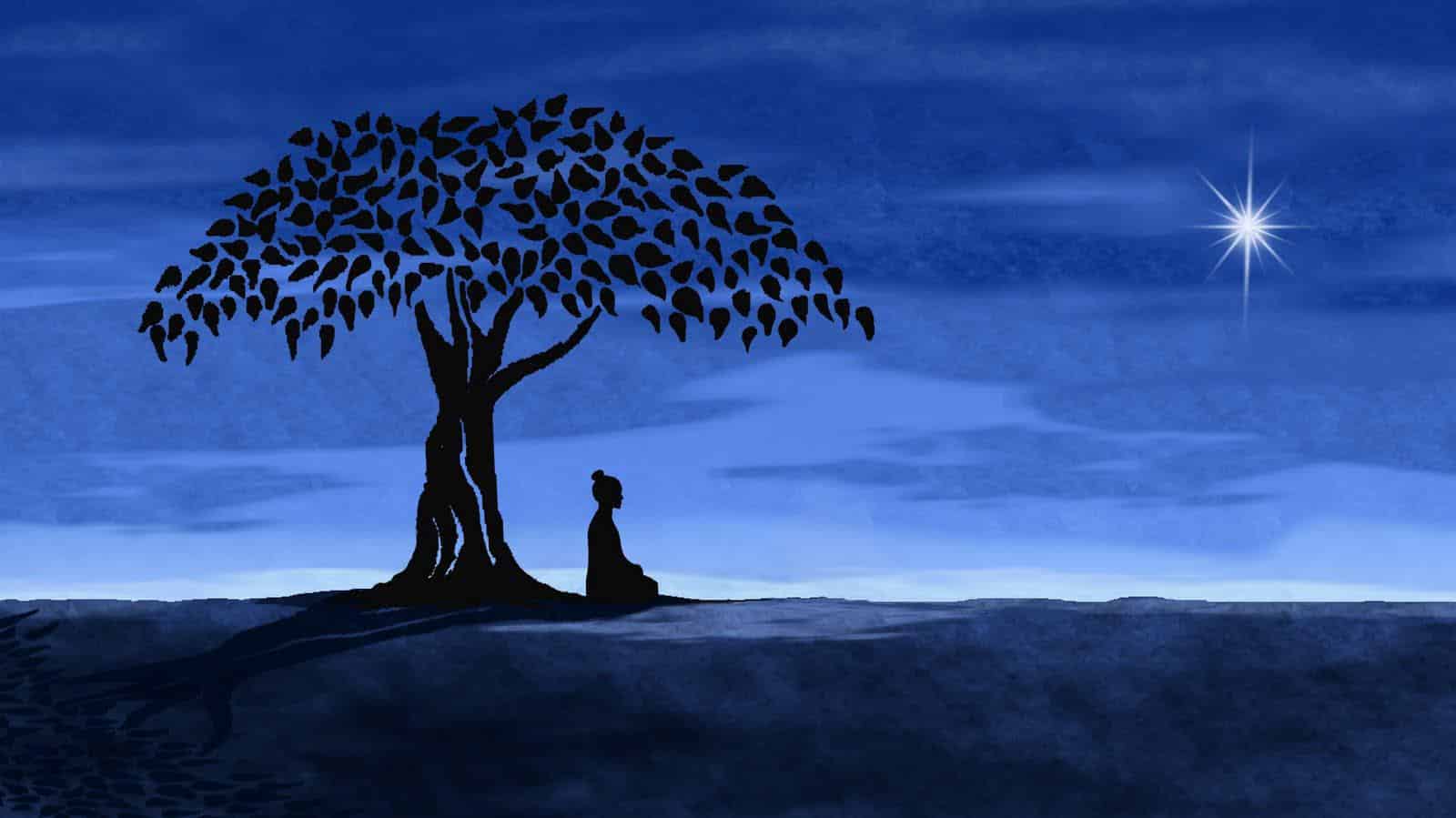Getting my India Visa in SF
Why I love San Francisco I got my visa for India this morning, and took a megabus into the city yesterday afternoon. I have to say that part of me is sad because Urban Flow is closed right now and I really loved that studio. There’s something primitively satisfying about chanting with a couple hundred … Read more
